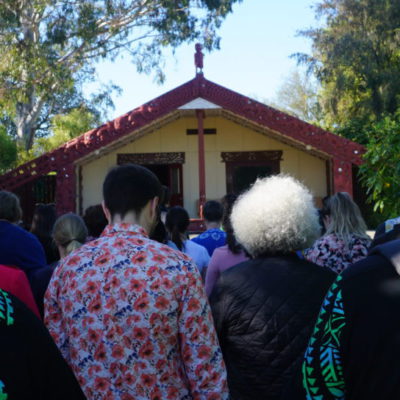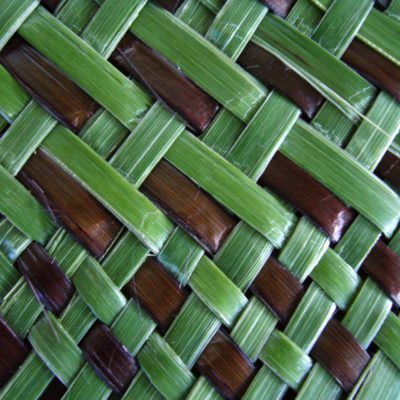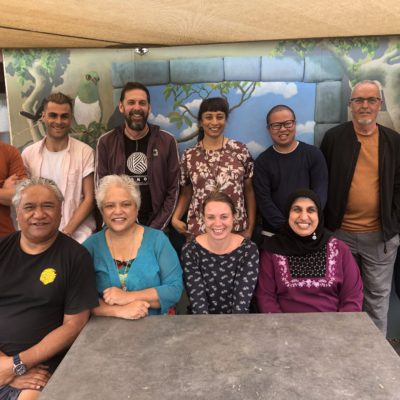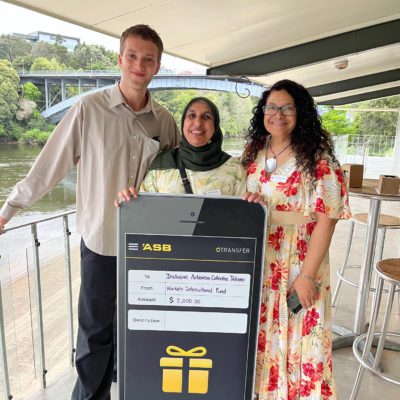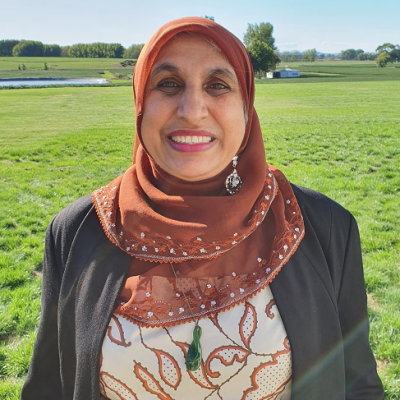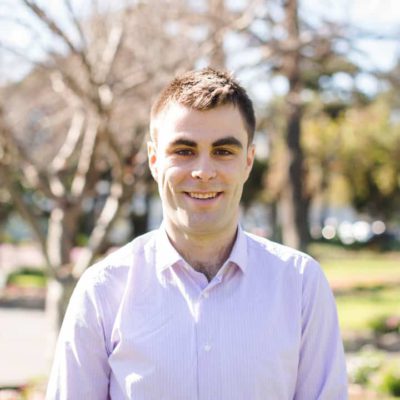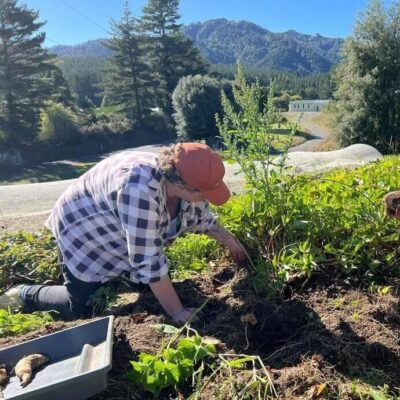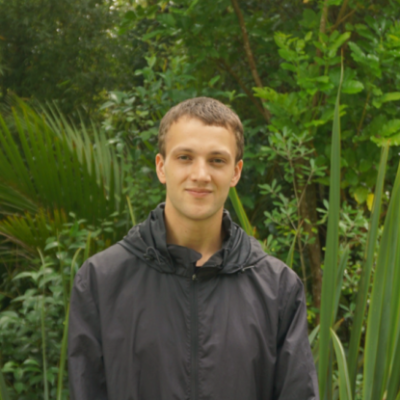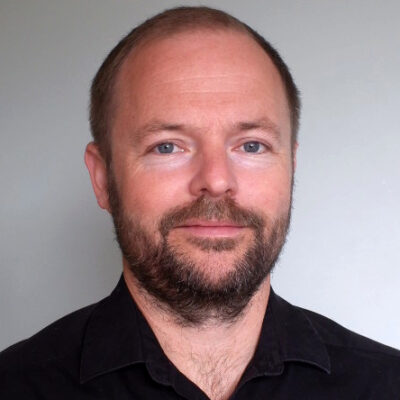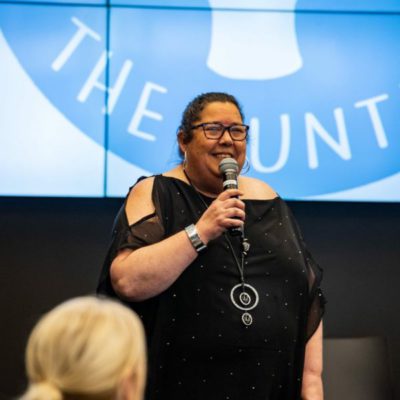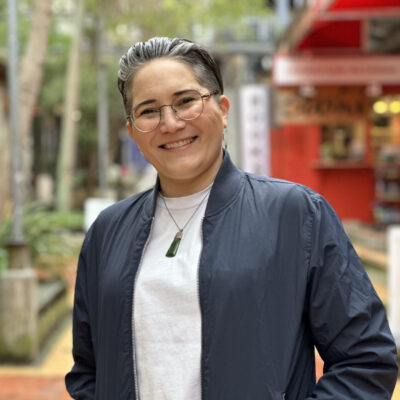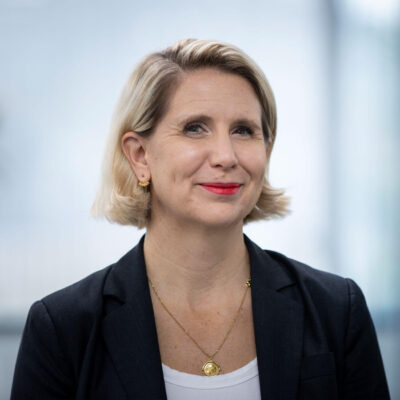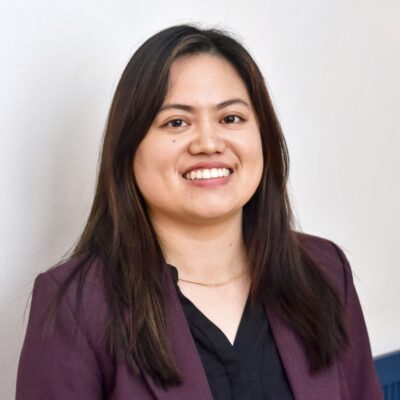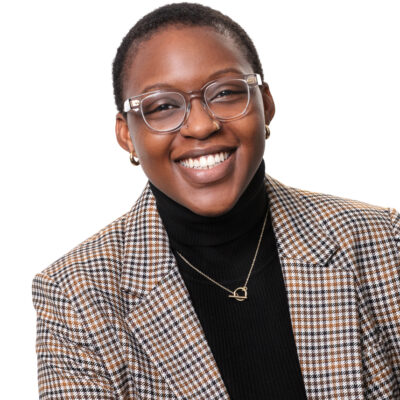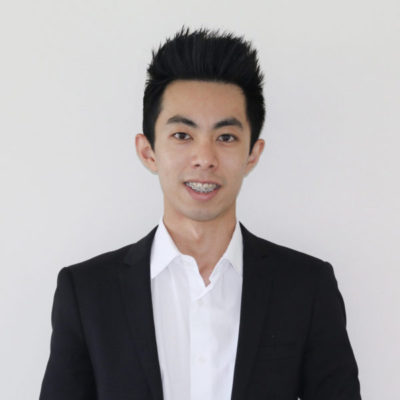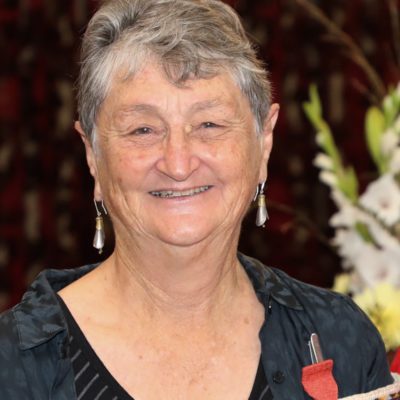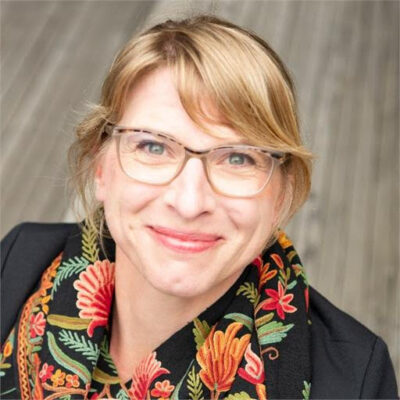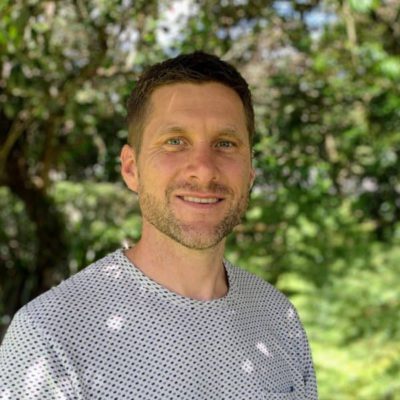Tāhono Trust
Our name contains the kupu Tāhono, which was gifted to us by Professor Tom Roa. Tā means ‘to cause’, and hono means to link or connect. Together, Tāhono signifies the act of causing connections and bringing people together, which embodies the kaupapa of our organisation.
Tom Roa also gifted our organisation the following whakataukī, inspired by the toroa (albatross), a symbol of peace. The proverb tracks the toroa sewing offshore and onshore in its flight, alighting and acknowledging places of significance to the peoples of those spaces.
| Ka hōkā a Tāhono i Uta! Ka hōkā a Tāhono i Tai! Ka rerea a Kōwhitiwhiti! Ka tau ki Kōwiniwini, Ka tau ki Kōwanawana! Tūturu ō whiti whakamaua kia tina! Tina! Hui e! Taiki e! |
As Tāhono soars across the seas! As Tāhono soars inland! And in leaving those places of significance in the crossing! Alights on Kōwiniwini*, on Kōwanawana*! Let there be an affirming of that!*places of significance to the peoples of those spaces |
Tāhono Trust was founded in 2019. We were formerly known as Inclusive Aotearoa Collective Tāhono, until we changed our name upon registering as a charitable trust in 2025.
Kaupapa
-
Vision, mission, and values
Our vision is of an Aotearoa me Te Waipouamu where everyone has a place to belong, leaving discrimination, racism, and prejudice in the past. It is a vision where everybody’s mana is recognised and respected, regardless of one’s background. It is a vision of upholding Te Tiriti, recognising tino rangatiratanga and supporting the rights and tikanga of tangata whenua.
Our mission is to build a social movement of people, organisations, and communities nationwide to achieve this vision.
Our values:
- Support others to grow and thrive
We work together with others and place community aspirations for their futures front and centre.
- Support Tino rangatiratanga
We work in ways that support Tino rangatiratanga and Māori self-determination, and normalise Te Reo Māori and tikanga Māori.
- Act with integrity
We do the right thing, we deliver on our promises. We are open about our decisions and actions, and own them.
- Grow Belonging & Inclusion
We work in ways that recognise the mana of all. We do this through manaakitanga me awhi (relating to and showing we care) and whakarongo (silent listening).
- Support others to grow and thrive
-
Our history
Hope out of grief
In the wake of the devastating terrorist attacks in Christchurch in 2019, the Leadership NZ Trust hosted a healing call. Anjum Rahman attended this call, and it was here that Inclusive Aotearoa Collective Tāhono’s story began.
In the call, Anjum raised the 2017 request to senior public servants for a national strategy on diversity and inclusion and how this had not been actioned before the attacks. Nicola Brehaut and Jade Tang-Taylor of Foundation North were on the call and listened to what Anjum had to say. A connection was formed. In a subsequent phone conversation, Nicola suggested that the strategy be developed and implemented in the community rather than through government.
From this point, Jade and Nicola supported Anjum in developing the proposal for Inclusive Aotearoa Collective Tāhono (Tāhono). Jade was the Ethnic Diversity Strategy Activator for Foundation North, and this was a significant project that she supported as one of her activations. Together, they introduced Anjum to the Constellation Model, a community-impact governance system we are still based on today.
Also, at this time, Anjum was approached by the CE of Trust Waikato (Dennis Turton) as the only Muslim trustee of all the Community Trusts across the country. On behalf of all the Trusts, he asked what they could do to respond to the attacks. He also conveyed a message from Sue McCabe of Philanthropy NZ, who wanted Anjum to be a keynote speaker at their conference in May 2019.
Emergence
With Dennis’ support, Anjum presented the Tāhono proposal at a meeting of the CEOs and chairs of the Community Trusts on 15 May 2019. Sue McCabe organised a media interview so Anjum could be featured on the front page of the Dominion Post two days later, on the morning of her keynote speech.
After being featured in the Dominion Post, Anjum was interviewed by Wallace Chapman of RadioNZ during the afternoon show “The Panel”. This publicity and the keynote address at the PNZ speech resulted in people showing considerable interest in the new project.
The difficulty was that the project was still only a proposal, and Anjum was under strain dealing with the aftermath of the Christchurch mosque attacks. There were still numerous media interviews, meetings with government officials, and a royal commission of inquiry being set up.
With bridging funding from Foundation North, Anjum was able to dedicate part of her time to the project from June 2019. Trust Waikato, recognising the project’s potential, provided invaluable support in writing the funding application and budget. By September 2019, the initial funding had been secured, additional staff had been hired, and the project was well on its way.
As you can and will continue to see, the generosity and guidance of helping hands are invaluable. Anna McMartin’s writing assistance, Maureen Marra’s helpful feedback, and Diversity Works’ volunteered graphic design expertise all came together in constructing the initial proposal. The green used in the original design has remained today, symbolising harmony and the project’s commitment to inclusion.
The first public Zoom call for Tāhono was set up, which around 20 people attended. The result was a connection to a fantastic network of people who have supported the organisation. Francis Collins and the team at CaDDANZ (Capturing the Diversity Dividend Aotearoa New Zealand) funded and prepared a literature review that looked at the work done in six categories: youth, older persons, ethnic minority communities, Rainbow communities, women and tangata whenua.
Developing the vision and mission
With the project underway, we wanted to expand the reach of Tāhono’s networks and get input into our strategy. Anjum connected with Tracey Bridges and Kate Smith, who both offered to create a communications plan for Tāhono. We were grateful for the high-level experience on offer; however, it soon became apparent that any such plan required some guiding statements about the vision and mission of this project.
Kate flew to Tāmaki Makaurau to run a session with Anjum and Sandra James (who was on a short-term contract to develop the community engagement plan for 2020). Nicola and Jade from Foundation North and Mark Servian of Momentum Waikato also attended. They met at the Foundation North offices and had a hefty kōrero, focused on how we would define our project and what we hoped to achieve for Aotearoa New Zealand.
There was agreement on the concept of belonging—it focused on connection to place and people, the feeling of being valued and a part of something. Discussions included how organisations and communities fit into the ecosystem, empowerment and what this meant, and the need to ensure that we not only sought belonging for ourselves but were willing to create belonging for others.
This hui established the foundational goals for Inclusive Aotearoa Collective Tāhono:
- Build strong engagement and participation with communities;
- Develop a strong and sound strategy;
- Develop and support constellations across Aotearoa.
What sort of entity?
In establishing the project, there was the choice of what form to take. Tāhono chose not to form itself as an organisation for several reasons:
- Tāhono was interested in the constellation model, which is based on a secretariat sitting in a host organisation, which is then the backbone and administrative hub for the constellations.
- Nicola Brehaut from Foundation North believed there was no need to start a new organisation, and it was better to find an organisation that would host the project.
- Further complications with Foundation North’s rules meant they would not fund an organisation less than twelve months old.
Looking for a Host Organisation
The first task was to list potential host organisations. This was done through a thorough review of organisations with similar values, a broad human rights base, and the capacity to host the project. The host would need to demonstrate their ability to receive funding, make payments, provide financial statements, and submit GST returns.
While organisations can benefit from becoming hosts, the host organisation’s board must take on all the risks associated with the project fulfilling the conditions of any grants received and the risks associated with employing staff, which is a big consideration for any NGO to factor in.
ActionStation and Amnesty International Aotearoa New Zealand were the first two organisations that were approached. While there wasn’t much progress with Amnesty, the then CE of ActionStation (Te Raukura O’Connell Rapira) was supportive. Several online meetings took place, which resulted in a formal letter to the Board of ActionStation.
Unfortunately, the final hurdle couldn’t be passed and ActionStation was not able to become the host. ActionStation’s funding policies were not fully aligned and Tāhono could not guarantee that funding would never be sought from some specific funding organisations. In fact, Todd Foundation became a major donor later in the year. Moreover, the risks were considered too high, and it would take a lot longer than the time available to build the relationships of trust that would enable the hosting to proceed.
Te Raukura had also connected Anjum to Alanna Irving from the Open Collective, who were looking to set up in Aotearoa, New Zealand and act as a host for community-based projects. While this was ideal, they would not be set up in time for Tāhono to receive funding.
Finding a place to rest
Finally, as time was running short and funding proposals were ready to be submitted, Anjum approached the board of Shama, Ethnic Women’s Trust. She was already on the board and a founding member of the organisation first registered in 2002. She had trusted relationships in the organisation and requested the board act as a temporary host so that Tāhono could access funding.
The board agreed, and finally, the funding application could proceed. This was a massive help to the project’s development. Over the coming months, Anjum continued to reach out to organisations looking for a more permanent host. A conversation with Sina Wendt-Moore, the Leadership NZ Trust CE was not successful as the organisation was in transition.
After some months, it became clear that finding another host organisation would be difficult. Shama’s board considered the situation and agreed to become the permanent host of Inclusive Aotearoa Collective Tāhono. Shama Ethnic Women’s Trust has been a huge enabler of our work, and we are very grateful for their support as our host organisation.
In July 2025 we registered as an official charity trust under Tāhono Trust.
Kaimahi
-
Anjum Rahman
Anjum Rahman is the founder and project lead of Inclusive Aotearoa Collective Tāhono. She is a chartered accountant with 30 years of experience and has worked with various commercial, farming and not-for-profit entities.
She is a member of international committees dealing with violent extremist content online. She was the inaugural co-chair of the Christchurch Call Advisory Network and Vice-Chair of the Independent Advisory Committee of the Global Internet Forum for Countering Terrorism. She is also Vice-President of the Internet New Zealand Council.
She also commits to various volunteer roles in the community. She was a founding member of the Islamic Women’s Council of New Zealand, an organisation formed in 1990 to unite Muslim women and represent their concerns. She has also been a founding member and trustee of Shama, Ethnic Women’s Trust, which supports ethnic minority women through social work service, life-skills classes and community development. She has worked in the area of sexual violence prevention both as a volunteer and as part of Government working groups. Anjum is a trustee of Trust Waikato, a major funder in the Waikato Region.
-
Atarau Hamilton-FullerAs an innovator, a challenger, and a community advocate, Atarau’s early experience in youth work developed and utilised his strengths in communication, empathy and understanding – skills which are key to maanaki i te rangtaahi. This has since evolved into community development.He has experience supporting a number of community opportunities on the ground with communities and leaders, including kickstarting an initiative around Bridging Cultures. Since 2021, his involvement in Tāhono – Inclusive Aotearoa has grown and he is fortunate to lead out pieces of mahi under Constitutional Transformation and strengthening people across cultures, communities and conversations. He is a facilitator who enjoys the big picture and chasing down ways to get to the goal.Kia mau, kia ita, kia pupuri, kia kore ai e ngaroGrab hold, hold tight, pull it close, so it is never lost
-
Ari
Ko Ari tooku ignoa. Ko irawhiti me whakataane ahau.
Ari has an eclectic history working within mental health and rainbow spaces, food safety and SME consulting with a wealth of administrative, logistical, and operational experience. They are a proud member of the neurospicey, spoonie and disabled communities. They are passionate about decolonisation, kai sovereignty, and community building.
-
Staughm Collins
Staughm is a fourth-generation tauiwi Pākehā of English, Scottish, Irish and Welsh heritage. Raised in Ōtepoti Dunedin, Staughm is now based in Whakaraupō, Lyttelton. With a history and passion for uplifting and amplifying the stories of those who are less heard, Staughm runs the external communications of Tāhono. Dedicated to learning from the experiences of others, promoting the accessibility of information through good communication design is at the core of his day-to-day mahi.
-
Wyatt Graft
Wyatt migrated to Aotearoa from the US in 2017. Since then, she has found deep connection,
whānau, and personal healing from the land and its people. She now lives in beautiful Stillwater
in Tāmaki Makaurau with her partner and two young daughters. Wyatt believes in the strength
and ātaahua of the whenau that is Aotearoa and is committed to serving her community and
building hononga, connection. As a social worker and social change activist, she brings a
background of active listening, compassion, and engagement to her mahi with Tāhono. -
Hamish Low
Hamish Low is a fifth-generation Pākeha New Zealander born in the shadow of Maungakiekie, Tāmaki Makaurau Auckland. He is a humanitarian professional with global experience having lived and worked in Japan, Costa Rica, then in the UK where he worked with homelessness and substance misuse services, and Colombia, where he undertook human rights work in the field with Peace Brigades International and then worked with the United Nations in support the peace process. Hamish loves tramping, sailing, art, music, literature and languages.
-
Jackie Clark
Jackie Clark runs The Aunties, and was a recipient of a Women’s Fund awards 2018, was a nominee for NZ Woman Of The Year Awards, New Zealander of The Year, was category winner and supreme winner of the Women Of Influence Awards 2018 and was a medallist in the Local Hero Of The Year Awards, 2017. She recieved a QSM in the 2019 New Year Honours List.
-
Jolene McCue
Jolene lives in Pōneke where she is studying a Bachelor of Arts Degree, majoring in Sociology.
She brings a range of expertise and insights, particularly from working in accessibility, inclusion and equity in the public sector.
Jolene also draws from lived experience being Takatāpui and living with chronic illness, and has been involved in many community initiatives including projects supporting disabled, neurodiverse and LGBTQIA+ communities, former refugees, and children’s safety. She is focussed on highlighting the connections between all systems of oppression, removing barriers to inclusion, and working together for a sustainable and safer future – for everyone.
-
Nicola Silke
Nicola is tauiwi Pākehā and lives in Tāmaki Makaurau with her young family. She is a lawyer with over 20 years of experience in Aotearoa New Zealand and in the United Kingdom across various commercial sectors. As part of her current legal role, she is the Company Secretary at an NZX20 company. She was previously the Foundation Secretary at Te Rourou, One Aotearoa Foundation.
For several years pre-Covid she spoke about maternal mental health as part of the courses offered to new mothers at her local Parents Centre. Post-Covid she trained in the Tauiwi Tautoko engagement method and is part of the Tauiwi Tautoko community who actively participate in transformative anti-racism conversations online. Her undergraduate studies in law and history were foundational to her understanding of Te Tiriti and its position at the heart of Aotearoa New Zealand. She sees her role as a Tāhono trustee as a key part of her work as Tangata Tiriti.
-
Tracy Han
Tracy Han is a strategic generalist with a diverse background across project management, recruitment and business operations. She has successfully led a variety of different projects across different contexts, with experience across financial services, non-profit, ed-tech and more recently, investment operations. Tracy is passionate about DEI and sustainability. She currently co-chairs the APEC Voices Trust New Zealand, alongside serving on the board of Tāhono Trust, as well as an advisor for AYKS. Her expertise lies at the intersection of people, projects and processes where she excels in collaborating with diverse teams to tackle complex challenges to drive meaningful change.
Tracy holds a Master of Business (Management), Bachelor of Arts (International Studies) and Bachelor of Business (HR and Employment Relations). Her recent research explored the early career experiences of second generation New Zealanders from refugee and migrant backgrounds, along with the role of identity, upbringing and culture in shaping career pathways.
-
Vira Paky
Vira is an award-winning first-generation Congolese-Kiwi activist and storyteller, raised in Tāmaki Makaurau and based in Te Whanganui-a-tara. Vira is the Youth Engagement Co-ordinator at Save the Children NZ as she is deeply passionate about improving Aotearoa for future generations. Her work and time focused on how to best engage and mobilize the voices of young people and marginalized communities in the public sphere, utilising her creative background in poetry and playwriting to do so.
-
Lincoln Dam
Lincoln Dam is a lecturer and Director of English-Medium Education in Te Puna Wānanga/the School of Māori and Indigenous Education at Waipapa Taumata Rau/the University of Auckland. He teaches courses on race and ethnicity, diversity more broadly, multicultural education, and Te Tiriti o Waitangi. Lincoln’s current research explores the ethics and politics of (Im)migrant-Indigenous relations, specifically Asian-Māori and Asian-Te Tiriti relations in Aotearoa-New Zealand.
-
Ruth Gerzon
-
Emily Beausoleil
Emily Beausoleil (tauiwi Pākehā) is an Associate Professor of Politics at Te Herenga Waka-Victoria University of Wellington and Co-Editor-in-Chief of Democratic Theory journal. As a ‘pracademic,’ she bridges disciplines and sectors and collaborates with communities to design creative designs for public dialogue that effectively encourage listening where it is difficult and most needed to address inequalities. When complex systems theory shows that the best way to change an unjust system is to build a new system, she sees the flaxroots, Te Tiriti-led work of IACT to connect us across our differences in Aotearoa as never more vital.
-
Trent Morgan
